Your common sense is better than any antivirus software, indeed. If you can refrain from pressing those red or blue “Download” buttons on various websites, you might not need any antivirus software on your computer. The truth is that nowadays there’s not much need to spend money on separately purchasing antivirus software because Windows itself already has one – Yes! Windows Defender. So without further ado let’s see do you really need Antivirus software? And what settings you should do in Windows to keep safe yourself.
Also Read: Rechargeable Battery Vs Non Rechargeable Battery: Best Buy
Windows Defender & its Protection
Windows Defender is a good antivirus software, also known as Windows Security today. In older operating systems like Windows 7 or Windows XP, Windows Defender wasn’t as effective, but in the latest versions like Windows 10 and Windows 11, it competes well with many other antivirus software programs.
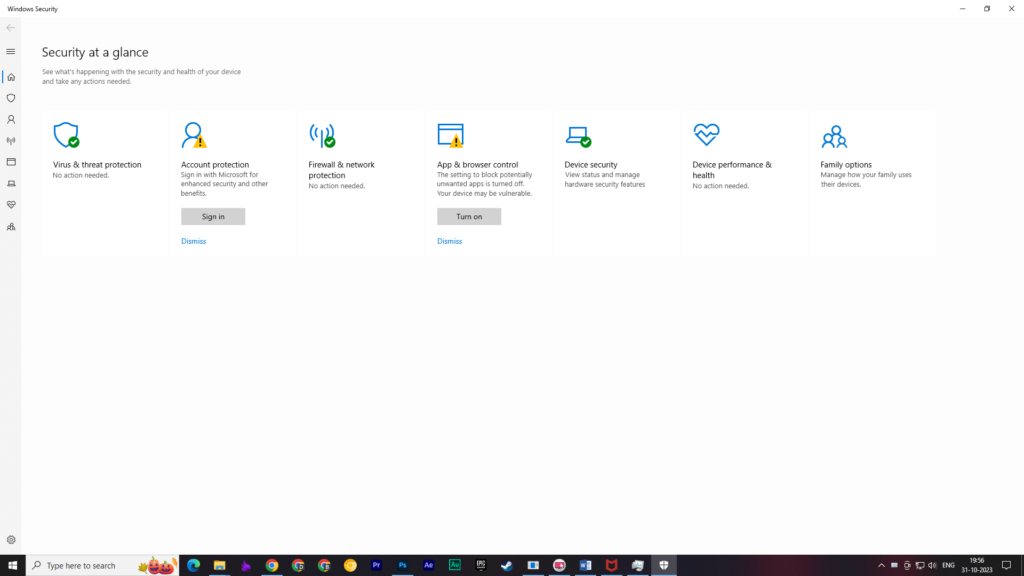
With new operating systems Windows Security or Windows Defender’s virus definitions are always kept very up-to-date. Which is very important to identify Viruses. What sets this software apart from third-party software is that it’s developed by Microsoft itself and its an integrated program, so it knows how a program should behave in the Windows environment. If a program misbehaves, this software can immediately detect it and block it, which is why, in my opinion, it’s better than many other cheaper antivirus programs in the market. So you don’t need an Antivirus Software when the Windows Defender is in action.
Antivirus Software Can’t Provide 100% Protection
Always keep in mind, no matter what antivirus software you use, it can’t provide 100% protection. Yes! It’s the reality. To understand why, you need to grasp how antivirus software operates.
Antivirus software has a massive database containing definitions of various viruses. When a virus matches one of these definitions, the antivirus software can recognize it. If a virus attempts to infiltrate your computer, the antivirus immediately blocks it and takes appropriate actions to neutralize it.
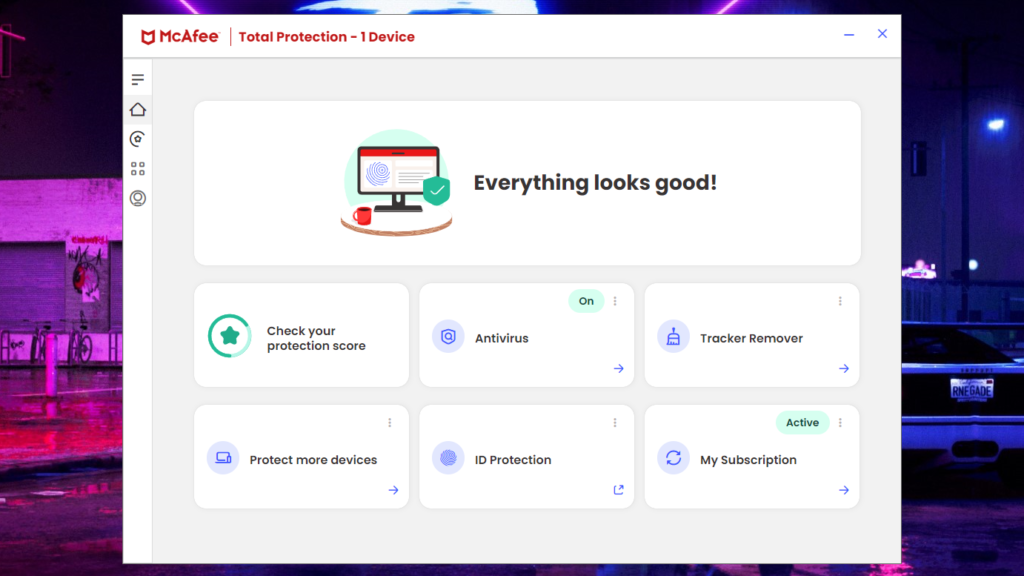
However, if the antivirus lacks a definition for a new virus, it won’t be able to do anything, and your computer can get infected. Antivirus software companies try to update their virus definitions as quickly as possible when new viruses emerge, but there can still be a gap during which the virus can cause damage. This is why it’s crucial to keep your antivirus programs up to date. If you don’t update the Antivirus program it’s totally pointless of having such a software.
Antivirus Can Slowdown Your Computer
Additionally, it’s essential to be aware that every antivirus software can slow down your computer. These programs run various processes and services in the background, continuously scanning for threats. So, if your computer is a bit older or falls into the budget range in terms of hardware, you may notice a more significant impact. It’s a trade-off between system performance and the level of protection offered, and the effectiveness of this trade-off can vary on the basis of the antivirus software. However how much protection an antivirus program really offers is questionable.
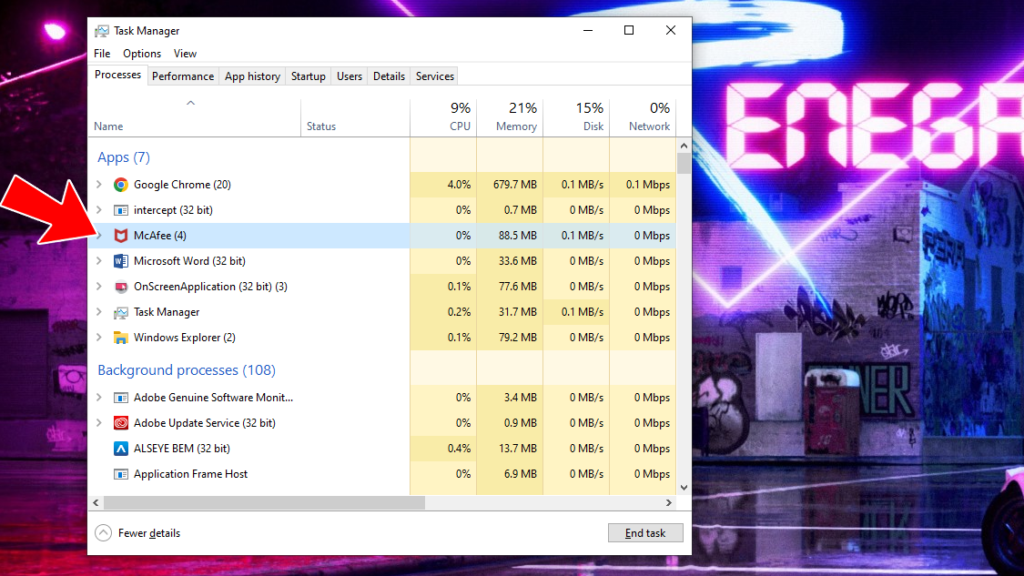
If your computer is running slow, you can try uninstalling the antivirus program. The impact on your computer will likely be minimal, as Windows Defender is already included with your Windows operating system.
How to Protect Yourself
To safeguard against viruses, it’s better to avoid visiting suspicious websites and not clicking on enticing ads. I believe you understand that clicking on them is not advisable. If you encounter downloading sites, refrain from clicking on the eye-catching red or blue “Download” buttons, which are often quite large then you might get safe in many ways.
On downloading sites, the actual file you need to download is usually indicated with small text that says ‘download’ with a small hyperlinked text or a very small download button, where you can actually download the file.

And, yes if you avoid such things and refrain from downloading pirated software, your computer will remain safe. If you must download pirated software, it’s important to note that on some sites, there are multiple download buttons, causing confusion about which one to click. Some might have red or blue lights or blinking effects, making it hard to determine the correct download button. The actual ‘download’ button is typically quite small or in text format with a hyperlink.
When discussing common sense, I want to emphasize that you’ve probably encountered scenarios where you receive emails or pop-up ads claiming your computer has a virus that needs immediate removal, or you’ve won a lottery. In such cases, it’s essential to ignore all these types of pop-ups and emails. Don’t click on any links, especially if they come from unknown sources in emails.
Viruses in Old Days
There was a time when viruses were created just for fun, and their creators didn’t have much to gain from them. It might have been for amusement or even from a business point of view, but these viruses were primarily designed to annoy users. For example, you might remember the shortcut virus or a Trojan that created multiple copies of a file. Some viruses corrupted files.
However, today’s viruses are usually created to steal user data. For instance, ransomware encrypts your data and demands a ransom in exchange for its release.
Also Read: History Of Camera: Word’s First Camera to Smartphone Camera
Windows Defender Ransomware Protection
By the way, Windows Defender provides excellent security and protection against Randsomewire. You can enable additional security features by searching for “virus and threat protection” in the Windows search box and managing the “ransomware protection.”
Enabling “Controlled Folder Access” prevents any third-party software from accessing or modifying folders that you add to the protection list. When ransomware tries to infect your system, it installs a program that encrypts all your files. With Controlled Folder Access, you can protect your important folders from being modified.
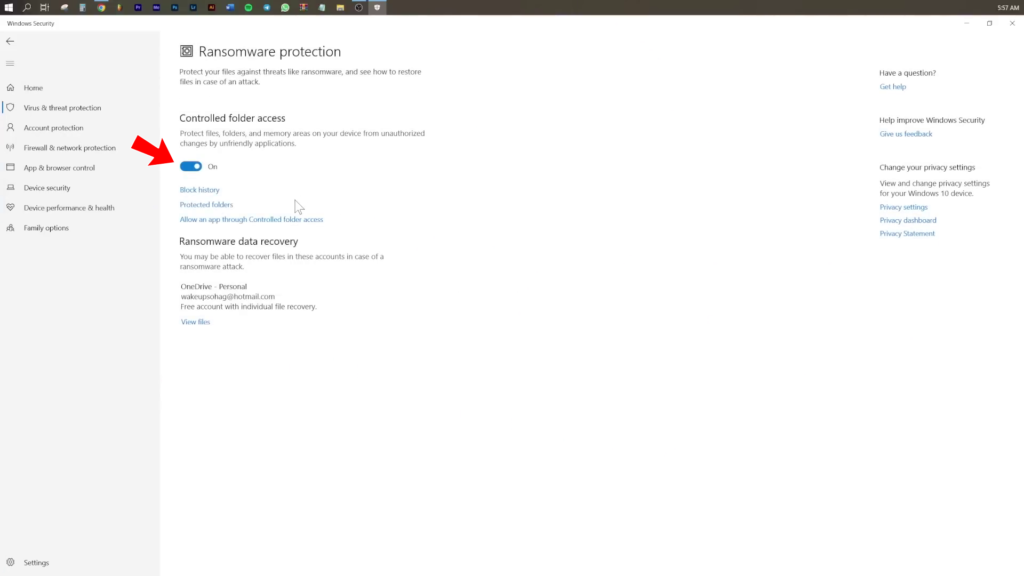
After Enabelling Controlled Folder Access Click on “Protected Folders”.
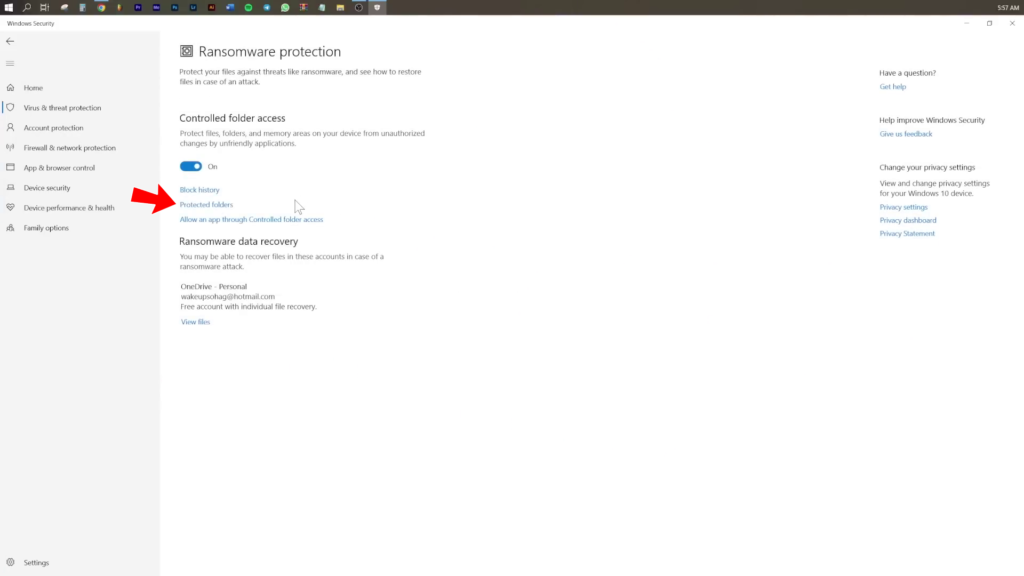
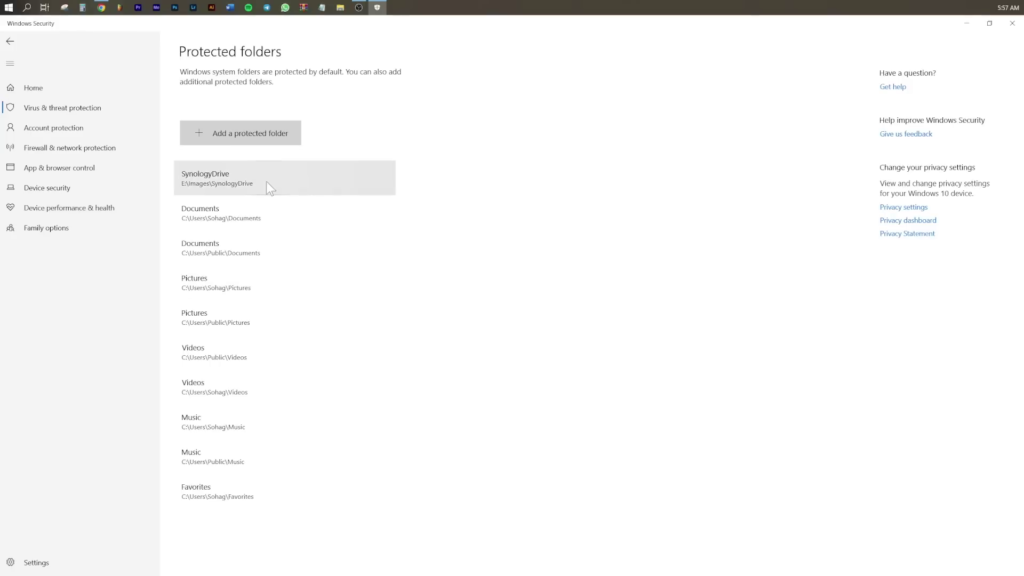
Here select the Folder that you want protection from Randsomewire.
However, there’s a drawback to this approach. If you need to access files from known software that you trust, you won’t be able to do so without adding that software to the whitelist.
To do this, go to the “Allow an app through Controlled folder Access” section, where you can allow your preferred software to access the protected folders.
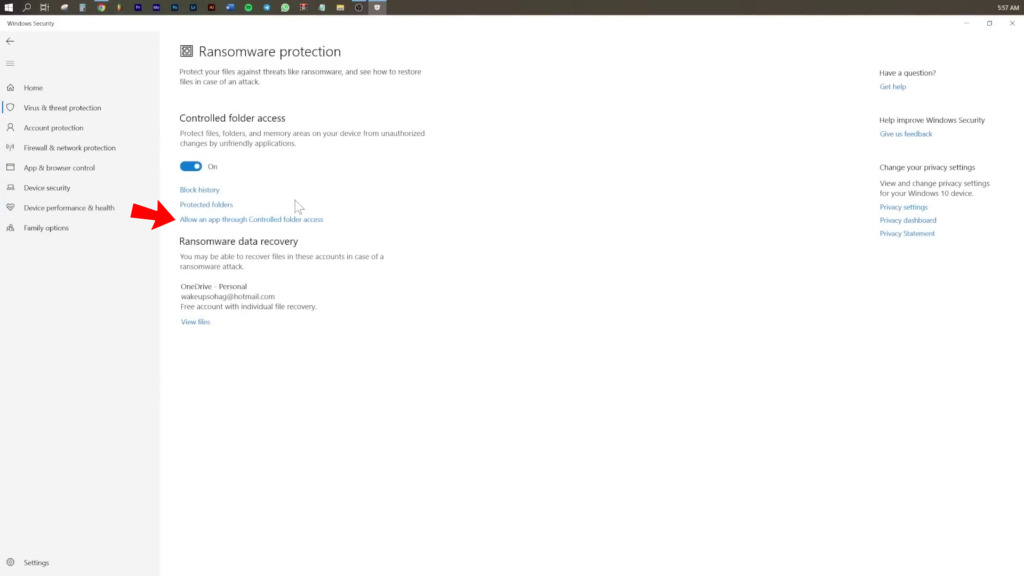
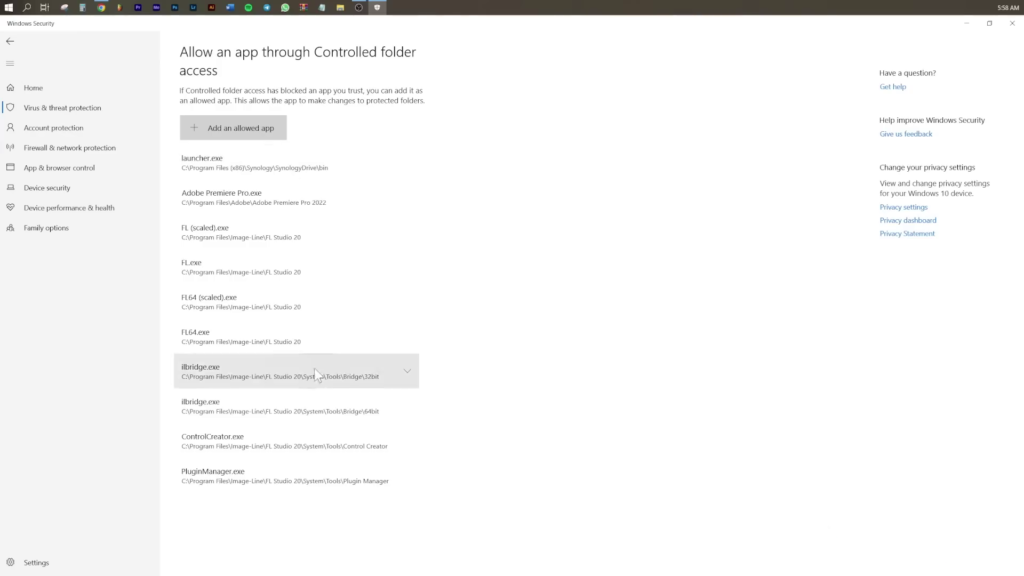
In the Concluding Lines…
In conclusion, the need for traditional antivirus software has diminished due to the effectiveness of built-in solutions like Windows Defender. Common sense plays a vital role in staying safe online by avoiding suspicious websites and refraining from clicking on enticing ads. Antivirus software, while valuable, can’t offer 100% protection and may slow down your computer. Keeping it up to date is crucial. Additionally, understanding the changing landscape of modern viruses, particularly ransomware, is essential. Windows Defender’s features like Controlled Folder Access provide robust protection against such threats. In the end, a combination of common sense, a secure browsing habit, and built-in security measures can keep your computer safe without the need for additional antivirus software.
